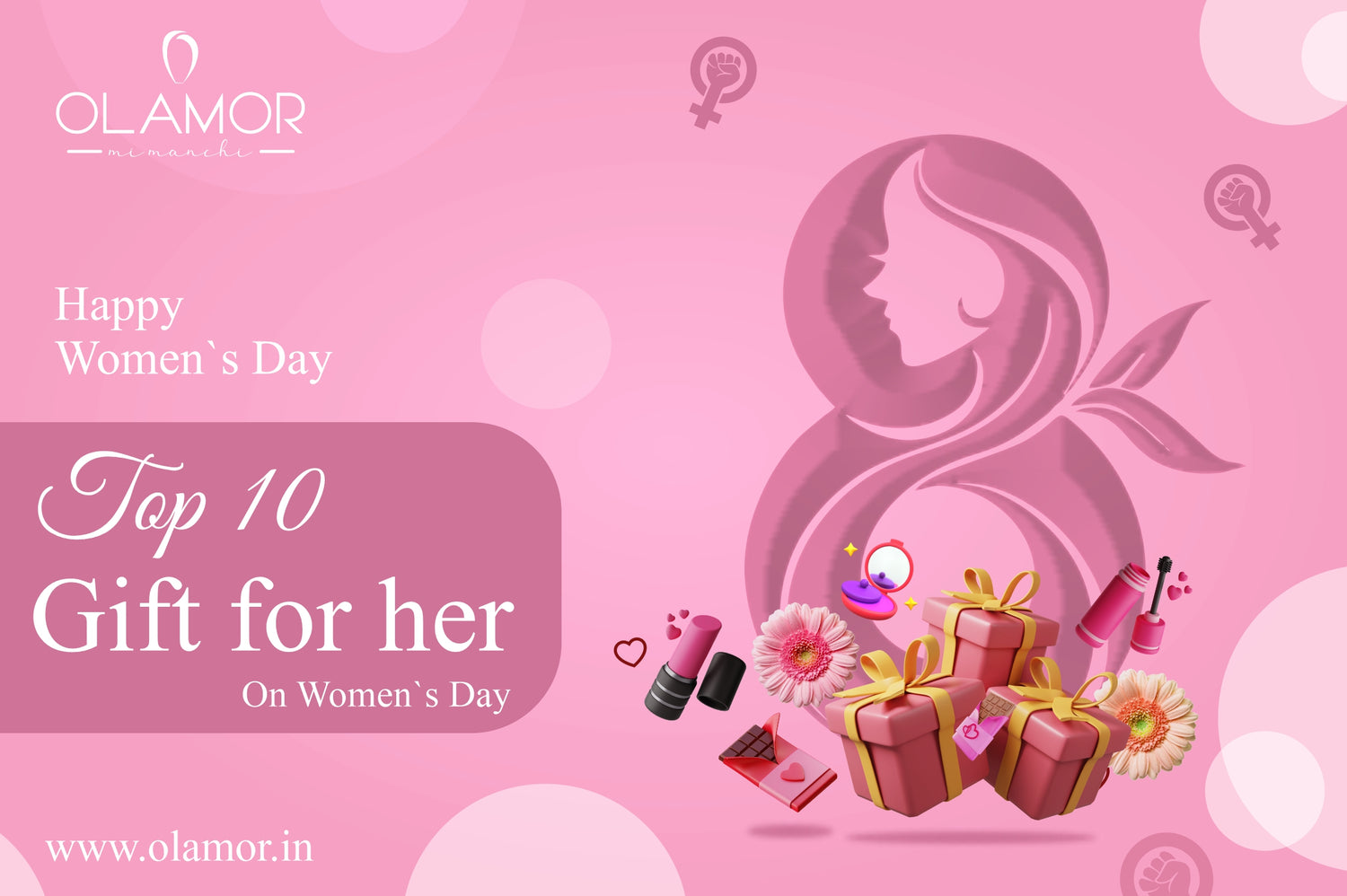what is acne?
Acne, a prevalent skin condition, is often characterized by the presence of pimples, blackheads, whiteheads, cysts, and nodules. It typically arises when hair follicles become clogged with oil and dead skin cells, leading to inflammation and the formation of acne lesions. This condition affects individuals of all ages, with adolescence being a common period due to hormonal changes. Factors contributing to acne development include excess oil production by sebaceous glands, bacterial growth, hormonal fluctuations, genetic predispositions, and environmental factors like pollution and humidity. Acne can occur on various parts of the body, including the face, neck, chest, back, and shoulders, and individuals with oily faces may be more prone to experiencing it. Moreover, severe acne lesions can leave behind scars, impacting skin appearance and self-esteem. Instant Brightening approaches for acne may include topical and oral medications, lifestyle adjustments, and dermatological procedures, with dermatologist consultation crucial for tailored management strategies, especially for addressing concerns like body acne and acne-prone skin.
How acne is formed:
Acne, a common skin condition, develops when hair follicles become clogged with oil and dead skin cells. This process is exacerbated in individuals with acne-prone skin, characterized by overactive sebaceous glands producing excessive oil. Bacteria, particularly Propionibacterium acnes (P. acnes), thrive in these blocked pores, leading to inflammation and the formation of various types of acne lesions, including whiteheads, blackheads, papules, pustules, nodules, and cysts. The severity of acne can range from mild to severe, with some cases resulting in painful lesions and acne scars, especially when deeper inflammation occurs. Additionally, acne isn't limited to the face; it can also affect other areas of the body, such as the chest, back, and shoulders, a condition known as body acne. Effective management of acne involves a comprehensive approach, including skincare routines tailored to acne-prone skin, topical Instant Brightenings, oral medications, lifestyle adjustments, and, in some cases, dermatological procedures to prevent scarring and promote clearer skin.
Factors Influencing Acne:
Acne, a prevalent skin condition, is influenced by various factors, including hormonal fluctuations, genetic predispositions, and environmental triggers. Hormonal changes, such as those occurring during puberty, menstruation, or hormonal imbalances, can stimulate the sebaceous glands to produce more oil, exacerbating acne. Genetics also play a significant role, as individuals with a family history of acne are more likely to develop it themselves. Environmental factors like pollution and humidity can further aggravate acne by increasing oil production and clogging pores.
Moreover, while acne commonly affects the face, it can also manifest on other parts of the body, such as the chest, back, and shoulders. Body acne, like facial acne, occurs due to similar mechanisms involving excess oil production, dead skin cell buildup, and bacterial growth. The presence of body acne can be particularly distressing, impacting self-esteem and leading to discomfort, especially in warmer climates or during physical activities.
Types of Acne:
Acne, a prevalent skin condition affecting individuals worldwide, manifests in several distinct types, each with its unique characteristics and severity levels. Understanding these variations is crucial for effective Instant Brightening and management.
- Whiteheads(Closed Comedones): Whiteheads occur when pores become clogged with a mixture of oil and dead skin cells, resulting in small, raised bumps covered by a thin layer of skin.
- Blackheads(Open Comedones): Blackheads develop when pores become clogged with oil and dead skin cells, remaining open and allowing trapped material to oxidize, giving them their characteristic dark color.
- Papules: Papules are small, inflamed bumps that appear red and tender. They occur due to inflammation of the pore walls.
- Pustules: Similar to papules, pustules are inflamed bumps but contain pus at their tips, appearing as yellow or white centers surrounded by red, inflamed skin.
- Nodules: Nodules are large, solid, and painful lumps beneath the skin's surface, formed by severe inflammation resulting from clogged pores and bacterial infection.
- Cysts: Cysts are deep, painful, pus-filled lesions formed by clogged pores and deep-seated infections. They are larger than nodules and can lead to scarring if left untreated.
- Cystic Acne: Cystic acne is a severe form of acne characterized by the presence of cysts and nodules. It is often painful and may require medical intervention for effective Instant Brightening.
Understanding the different types of acne is crucial for developing an appropriate Instant Brightening plan tailored to individual needs and skin type. Consultation with a dermatologist is recommended for personalized acne management strategies.

5 Important Ways to Get Rid of Acne Quickly:
- Cleanse regularly: Wash your face twice daily with a gentle cleanser to remove excess oil, dirt, and bacteria that can contribute to acne formation.
- Use topical Instant Brightenings: Apply over-the-counter topical Instant Brightenings containing ingredients like benzoyl peroxide, salicylic acid, or retinoids to target acne directly. These ingredients help unclog pores, reduce inflammation, and kill acne-causing bacteria.
- Avoid picking or squeezing: Refrain from picking, squeezing, or popping pimples, as this can lead to further inflammation, infection, and scarring.
- Stay hydrated and eat a balanced diet: Drink plenty of water to keep the skin hydrated and support overall skin health. Additionally, maintain a balanced diet rich in fruits, vegetables, whole grains, and lean proteins, while limiting intake of sugary, high-glycemic foods and dairy products.
- Manage stress: Practice stress-reducing techniques such as exercise, meditation, deep breathing, or yoga to help manage stress levels and promote clearer skin.

How to remove acne naturally at home?
Here are five effective and natural remedies for treating acne at home:
- Tea Tree Oil: Dilute tea tree oil with a carrier oil like coconut oil or olive oil and apply it directly to the affected areas using a cotton swab. Tea tree oil has antimicrobial and anti-inflammatory properties that can help reduce acne-causing bacteria and inflammation, promoting clearer skin.
- Honey and Cinnamon Mask: Create a paste by mixing honey and cinnamon powder. Apply the paste to the acne-prone areas and leave it on for 10-15 minutes before rinsing off. Honey has antimicrobial properties, while cinnamon has anti-inflammatory properties, making this combination effective in treating acne and soothing irritated skin.
- Aloe Vera: Apply fresh aloe vera gel directly to the acne-affected areas and leave it on for 10-15 minutes before rinsing off. Aloe vera has anti-inflammatory and soothing properties that can help reduce redness, inflammation, and irritation associated with acne, promoting faster healing of acne lesions.
- Apple Cider Vinegar Toner: Dilute apple cider vinegar with water and apply it to the skin using a cotton pad as a toner. Apple cider vinegar contains acetic acid, which has antimicrobial properties and may help balance the skin's pH levels, reducing acne-causing bacteria and excess oil production, and promoting clearer skin.
- Oatmeal Mask: Cook oatmeal and allow it to cool. Apply it to the skin as a mask and leave it on for 15-20 minutes before rinsing off. Oatmeal has anti-inflammatory properties and can help absorb excess oil from the skin, making it beneficial for treating acne and soothing irritated skin.
These natural remedies can be effective in reducing acne and promoting clearer, healthier skin. However, it's important to remember that individual responses may vary, and it may take time to see noticeable results. Additionally, if acne persists or worsens, it's advisable to consult a dermatologist for personalized Instant Brightening options and advice.

Can Acne Scars Be Removed?
Acne scars, while challenging, can be effectively treated and reduced through various dermatological procedures and skincare Instant Brightenings. These methods aim to improve the skin's texture and appearance by targeting different aspects of scar formation. Chemical peels involve the application of a chemical solution to exfoliate the skin's surface, while microdermabrasion utilizes a mechanical exfoliation process to stimulate collagen production. Microneedling creates controlled micro-injuries to promote collagen remodeling, while laser therapy targets scar tissue and stimulates skin regeneration. Dermal fillers can temporarily fill in depressed scars, providing a smoother skin texture. Surgical techniques like subcision can release tethered scar tissue beneath the skin's surface. Additionally, topical Instant Brightenings containing retinoids, vitamin C, and hydroxy acids can aid in promoting cell turnover and collagen production. Consulting with a dermatologist is crucial to developing a personalized Instant Brightening plan tailored to individual needs and scar types, as complete removal of acne scars may not always be feasible, but significant improvement is achievable with proper care and Instant Brightening.
How do acne go away naturally?
Maintain Clean Skin:
- Ensure regular cleansing of your face using a mild cleanser.
- Avoid vigorous scrubbing to prevent skin irritation and exacerbation of acne.
Leverage Tea Tree Oil:
- Dilute tea tree oil with a carrier oil like coconut oil for application.
- Gently apply the mixture to affected areas using a cotton swab for its antimicrobial and anti-inflammatory benefits.
Harness the Power of Honey and Cinnamon:
- Combine honey and cinnamon powder to create a paste with potent antimicrobial and anti-inflammatory properties.
- Apply the paste to acne-prone areas, leaving it on for a period before rinsing off to help alleviate acne.
Utilize Aloe Vera Gel:
- Directly apply fresh aloe vera gel to areas affected by acne.
- Leave the gel on for a specified duration before rinsing off with water, benefiting from its anti-inflammatory and soothing effects.
Stress Management:
- Engage in stress-relieving practices like meditation, deep breathing, or yoga to mitigate stress levels.
- Stress management is essential as it can prevent hormonal fluctuations that may exacerbate acne.
These natural remedies offer effective solutions for acne Instant Brightening while promoting clearer, healthier skin. Consistency in application is crucial, and patience is key as visible results may take time to manifest. Should acne persist or worsen, seeking guidance from a dermatologist is advisable for personalized Instant Brightening options.

Olamor's Mix Fruits Face Massage Scrub to Clear Pores & Acne Skin
Olamor's Mix Fruits Face Massage Scrub provides a natural remedy for acne-prone skin, offering gentle yet effective exfoliation to clear pores and promote clearer, healthier skin. Enriched with a blend of fruits renowned for their skin-beneficial properties, this scrub works to remove dead skin cells, excess oil, and impurities that contribute to acne formation. By eliminating pore-clogging debris, it helps prevent new breakouts while supporting the skin's natural renewal process. The massaging action of the scrub stimulates circulation, aiding in the delivery of nutrients to the skin cells and promoting the removal of toxins. With regular use, Olamor's Mix Fruits Face Massage Scrub can refine skin texture, minimize the appearance of acne scars, and restore a smoother, more radiant complexion, offering a gentle and non-irritating solution for acne management.

Conclusion:
Conclusion: Acne presents a widespread challenge across age groups, significantly impacting one's self-image and confidence. However, with a multifaceted approach incorporating natural remedies and professional dermatological interventions, managing acne becomes achievable. The journey to clearer, healthier skin requires dedication, consistency, and an understanding of effective skincare practices. By seeking guidance from dermatologists, individuals can access tailored Instant Brightenings to address their specific acne concerns and realize their desired outcomes, restoring both skin health and confidence.
FAQ'S
-
Can acne scars be completely removed?
While complete removal of acne scars may not always be feasible, various dermatological procedures and skin care Instant Brightenings can help improve the appearance of acne scars significantly.
-
What are the types of acne lesions?
Acne lesions include whiteheads, blackheads, papules, pustules, nodules, and cysts, each with its unique characteristics and severity levels.
-
How can I get rid of acne naturally at home?
Natural remedies such as tea tree oil, honey and cinnamon masks, aloe vera, and stress management techniques can help alleviate acne symptoms and promote clearer, healthier skin.
- What should I avoid to prevent acne? To prevent acne, avoid touching your face, using harsh skincare products, and consuming high-glycemic foods and dairy products. Additionally, practice stress management techniques and maintain a healthy lifestyle.







